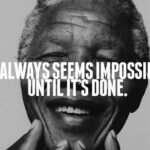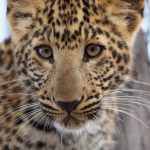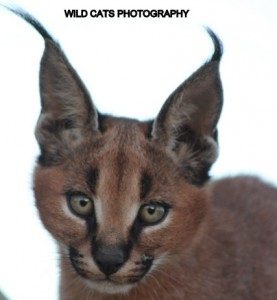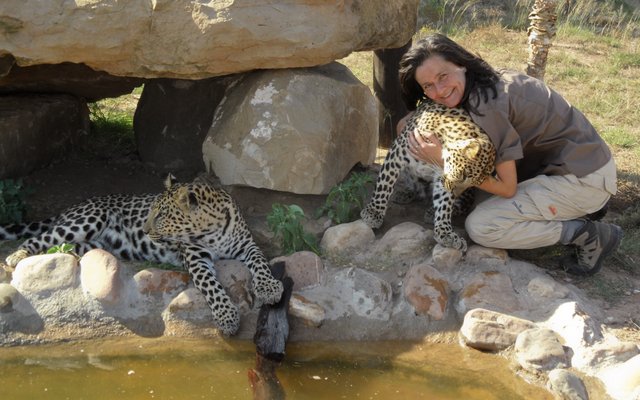
”The reason I dedicate myself to helping animals so much is because there are so many people dedicated to hurting them!”
BABETTE DE JONGE
Babette de Jonge was born (and still lives) in Bussum, in the heart of Netherlands, on June 24th 1967. For years her big passion in life is travelling to Africa and India to see her other big passion, the big and small wild cats, in their natural habitat. A third passion to make this all complete is photography. Wild cats and other wildlife in particular.
What started as a hobby turned out to become a full-time job. Babette did a lot of things during the years besides travelling (and organising special photo safaris) and photography, like working with and for wild cats in sanctuaries and foundations working for the endangered wild cats, like the cheetah and tiger. She writes articles for magazines and websites, photography of the wild Indian caracal for the book “Caracals in India – The Forgotten Species” by Dr. Shekhar Kolipaka from India, released end of 2012.
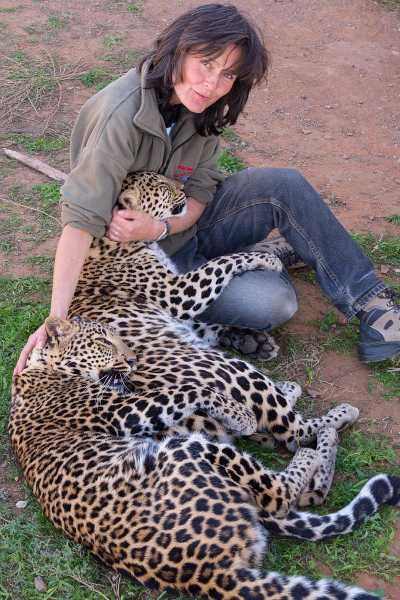 In 2006 Babette started the webmagazine www.wildcatsmagazine.nl which turned out to be a big success all over the world.
In 2006 Babette started the webmagazine www.wildcatsmagazine.nl which turned out to be a big success all over the world.
As, in her opinion, working together is the key, Babette started the association with a few Wild Cats World projects.
In SPOTTED CATS CONSERVATION PROJECT lots of great projects have started in benefit of leopards, caracals, servals, black-footed cats. With all the new plans and progress the future looks bright for Wild Cats World and the endangered wild cats.
Wild Cats World sanctuary, South Africa, has been officially registered as a Non Profit Company by the South African Government. Registration: 2020/583643/08.
Wild Cats World is a sanctuary where no interaction of the wild cats with volunteers or guests is allowed. The bond and (rare) interaction of the owner with two of the leopards isn’t comparable and based on a mutual respect, otherwise this isn’t possible!
Already from an early age (8) Babette was taking care of animals (firstly pets of course, essential for a future in wild cat(s) care) and interested in welfare organisations focusing on animals.
First starting biology/ethology, tiger (clicker) training, etc. workshops, observation/photography in zoos/sanctuaries and natural habitat of the cats, Wild Cats Magazine was founded, for education and raising awareness of all the species and issues concerning them. Babette organised “Wild Cats” photography trips to Masai Mara/Kenya and India for the tigers for a few years, gave lectures, wrote and still is writing articles for several magazines, websites and this year the first few “Wild Cats” books were released with text/photography by Babette. Volunteering in some sanctuaries was essential for the knowledge how to work best with the wild cats, big and small, and to learn how not to do it in the WCW projects. After all great experiences, the biggest challenge for Babette is to keep on learning about the cats and how to do the work with/for them and in the projects the best. “They keep on surprising me and that is for me the biggest joy, apart from the fact that it is so rewarding to invest in a project and see how the cats are thriving because of your ideas and input. It is difficult to find the right balance between captivity and the wild. Of course our priority will always be the wild animals and to keep them safe in their natural habitat, but there’s also lots of captive born cats that cannot be released anymore. It maybe is wrong to (sometimes) buy them to get them out of the wrong hands but it is not all black and white.
We believe that what we are doing is the right thing and we will never do anything to harm an animal. We observe them and will think of a way to make the situation as good as possible. By giving them lots of natural space or whenever possible (our aim) to do some re-wilding and releases back into natural habitat.
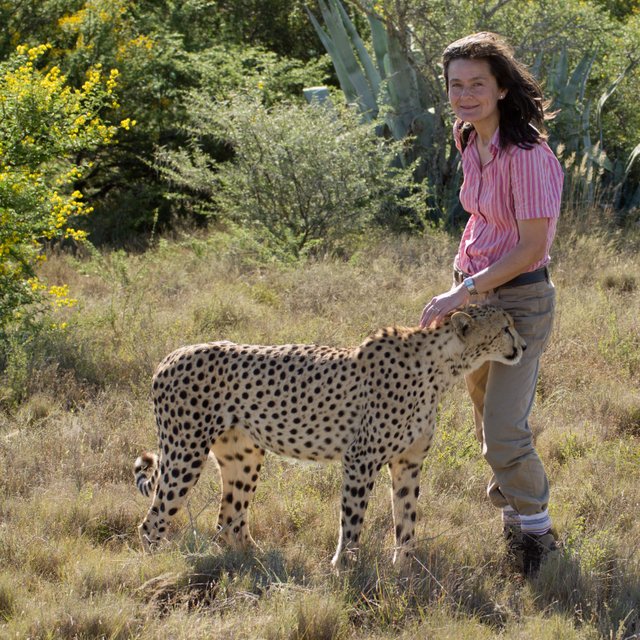
It is sad that there’s so much envy and that people so easily judge on what you do, but we have to remember that we at least do something and usually the ones to judge are not doing more than sitting behind the computer safely at home. It would be great though if more organisations will see each other as associations and not as competitors, but then I will always be an idealistic person!”
If you need more info then please contact us!
